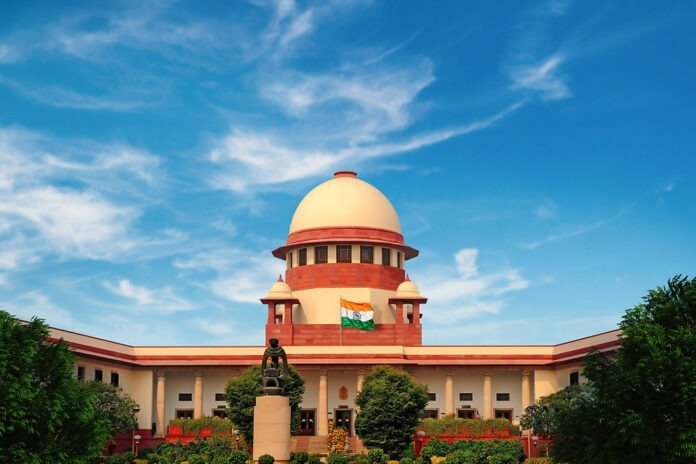Supreme Court rules pension is a constitutional right and cannot be cut arbitrarily, reinforcing employee rights across India.
In a significant verdict, the Supreme Court emphasized that pension constitutes a property right protected under the Constitution, demanding adherence to legal procedure before any reduction.
Relief to Retired Bank Employee Sparks Nationwide Interest
In a judgment that reinforces the fundamental rights of retired employees, the Supreme Court of India ruled that pension constitutes a constitutional right to property and cannot be arbitrarily reduced without following due process. The decision, passed in favour of a retired Central Bank of India employee, marks a strong reaffirmation of Article 300A of the Indian Constitution, which protects citizens from being deprived of their property without the authority of law.
The apex court emphasized that even in cases of compulsory retirement due to misconduct, a retiree’s pension cannot be curtailed unless strictly in accordance with the applicable legal regulations.
Case Background: Violation of Pension Regulations
The case arose when an ex-employee of the Central Bank of India found his pension reduced by one-third without prior consultation with the Board of Directors, as required under the Central Bank of India (Employees’) Pension Regulations, 1995. The regulation mandates that any such decision involving alteration in pension benefits must go through the Bank’s governing body.
The employee had been compulsorily retired, yet the reduction in his pension was executed unilaterally—without observing the procedural safeguards guaranteed under the regulation.
Supreme Court’s Observations: Pension as Property
Delivering its verdict, the Supreme Court bench reaffirmed that pension is not a discretionary benefit or charity extended by the employer. Instead, it is a statutory right flowing from the terms of employment and regulated under established pension rules.
The Court cited Article 300A, which ensures that no person shall be deprived of his property save by authority of law, and held that:
“Pension constitutes a vested right. Any deprivation or reduction of this right, especially post-retirement, must strictly adhere to statutory procedure.”
The judges made it clear that even punitive actions such as compulsory retirement do not nullify the right to pension unless explicitly provided under the law.
Due Process Above Discretion
Criticising the arbitrary reduction, the Court observed that:
“The reduction was made without following due process, specifically the requirement of consulting the Board of Directors. Such action is not only procedurally flawed but also violates the constitutional guarantee under Article 300A.”
The judgment serves as a precedent reaffirming the constitutional safeguard of property rights for government and public sector retirees across India.
Larger Legal and Social Implications
The verdict is likely to have far-reaching implications for thousands of public sector employees who may be facing similar issues. Legal experts believe the ruling could encourage more retirees to challenge arbitrary pension decisions in court.
Speaking on the matter, legal analyst Priya Menon told The Legal Observer:
“This judgment strengthens the foundation that employment benefits, especially pensions, are not privileges but entitlements. It aligns legal norms with constitutional values.”
Employer Responsibility and Legal Accountability
The Court’s ruling also underscores the accountability of public institutions, especially in upholding internal regulations and constitutional rights. Public sector employers must now exercise greater caution and ensure that no disciplinary or administrative decision compromises statutory pension benefits without following due process.
Institutions like the Central Bank of India, and other PSUs, must ensure that their HR and legal departments operate with full awareness of constitutional mandates and regulatory frameworks.
Final Verdict: A Boost to Employee Rights
This judgment acts as a timely reminder of the constitutional protections afforded to pensioners, safeguarding them from arbitrary administrative decisions. It also exemplifies the judiciary’s role in upholding rule of law and procedural fairness in employer-employee relationships within public sector entities.
To stay updated on such impactful rulings, explore our National News section or visit our dedicated Legal Helpline for guidance on employment rights.
Watch our expert panel break down the verdict and its consequences on our YouTube Channel.
Also check related content on:




